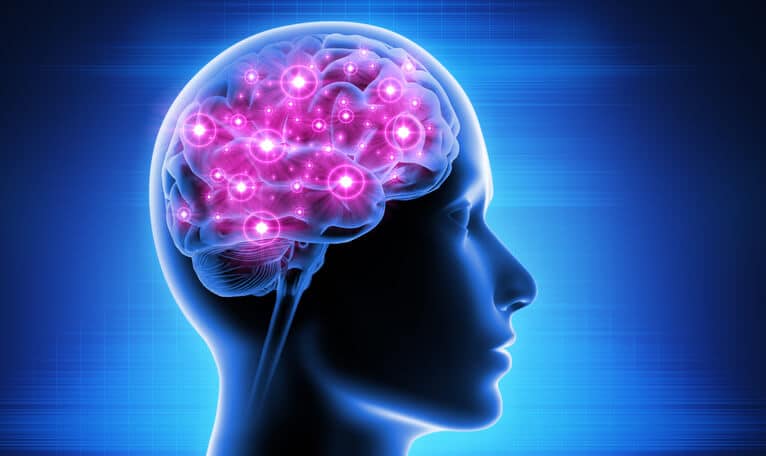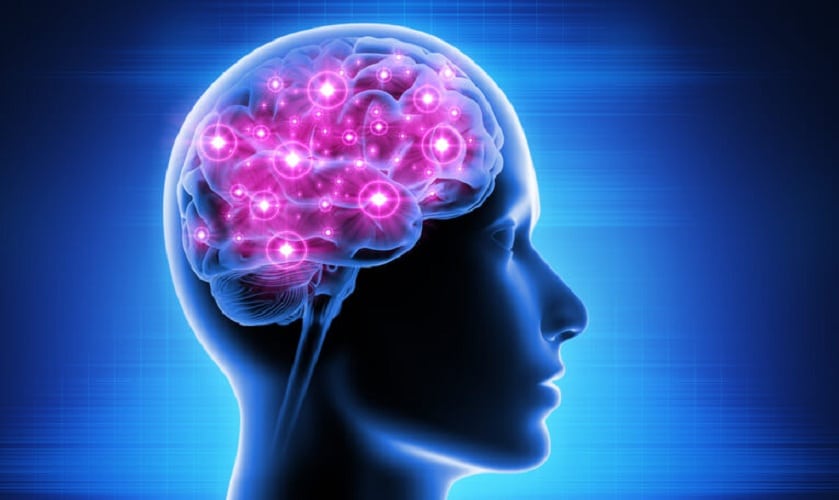While there is more than one substance that can affect neurotransmitters (drugs, various diseases, other chemical messengers, etc.), alcohol is one of the most commonly used and abused neurotransmitter influencers.
But how does alcohol affect neurotransmitters exactly?
Continue reading to learn how alcohol affects neurotransmitters or give Port Orchard Natural Medicine & Aesthetics a call to speak with a holistic naturopathic doctor about the physical or psychological issues that you’ve been experiencing.

How Does Alcohol Affect Neurotransmitters?
Alcohol is classified as a depressant because of its stimulant effect and ability to alter brain chemistry. To understand how alcohol affects neurotransmitters, let’s first get into a brief discussion about what exactly a neurotransmitter is.
What Are Neurotransmitters?
Neurotransmitters are essentially chemical messengers that the brain uses to communicate between neurons or from neurons to muscles. They are essential for basic bodily functions such as breathing, heartbeat, digestion, and sleep function.
Neurotransmitters are also responsible for certain cognitive and psychological functions. Things like poor concentration, memory, moodiness, anxiety, and depression are all linked with neurotransmitter deficiency or imbalance.
While sometimes it’s impossible for us to control things that may affect neurotransmitter balance, there are certain things that we do or consume, albeit unconsciously, that directly affect neurotransmitter balance.
How Alcohol Affects Neurotransmitters
Putting certain substances into our bodies such as drugs, alcohol, or chemicals (like food additives) can do a lot of harm to our neurotransmitter balance.
Alcohol is probably the most common thing that people consume that, unbeknownst to them, affects their neurotransmitters. While alcohol has been around and consumed for thousands of years, this doesn’t make the effects on neurotransmitters any less or the substance any safer.
Any health-promoting features of red wine or other alcoholic beverages are quickly negated by the effect it has on neurotransmitters. This is not to say that a glass of wine can never be enjoyed guilt-free, it is simply to educate those curious about how does alcohol affect neurotransmitters to be able to make more informed decisions about what they put into their body.
Which Neurotransmitters Does Alcohol Affect?
So how does alcohol affect neurotransmitters exactly?
Alcohol can affect many different neurotransmitters in the brain, however, the main neurotransmitters that it affects are the feel-good ones (dopamine and serotonin) and the excitatory ones (y-aminobutyric acid and glutamate).
1. Y-Aminobutyric Acid (GABA)
The main effect that alcohol has on neurotransmitters is that it can cause the release of γ-aminobutyric acid (GABA).
GABA is the neurotransmitter in the brain that is responsible for drowsiness and is induced when alcohol is consumed and the sedative-like effects of alcohol kick in. Specific prescription and sleep drugs are created to affect GABA in order to induce sleepiness and relaxation.
2. Dopamine
Dopamine is another neurotransmitter that is affected by the consumption of alcohol. A rise in dopamine levels will create a sense of euphoria and good feelings all around.
The reason why people become dependent on alcohol is due to this feeling of euphoria. When this positive neurotransmitter isn’t felt strongly enough on its own, individuals become desirous of substances that provide them with the good feelings that come from a dopamine hit and so are encouraged by their bodies to consume alcohol more frequently.
3. Glutamate
Alcohol’s ability to inhibit the neurotransmitter, glutamate further exacerbates the drowsy effects that alcohol has on people. Glutamate is responsible for making you excited and when this neurotransmitter is inhibited, the results are similar to that of a sedative.
4. Serotonin
Consuming alcohol can increase serotonin, the neurotransmitter that causes happiness and positive moods. Alcohol’s positive effect on serotonin contributes to the addictive nature of alcohol.
Individuals who struggle with low mood or depression may use alcohol for its serotonin-boosting quality to make themselves feel better. This however is not a long-term solution, as excessive alcohol consumption may lead to lower serotonin levels overall, causing greater symptoms of depression.
Have a Neurotransmitter Deficiency or Imbalance?
If you would like to learn more about how alcohol affects neurotransmitters or how to tell if you have a neurotransmitter deficiency, give Port Orchard Natural Medicine & Aesthetics a call today.
At our mental wellness and holistic health clinic, we address a number of physical and mental wellness conditions in order to help our patients lead more fulfilled, happy lives. No matter what physical or mental wellness issue you’re currently facing, give our clinic a call to schedule an appointment with our qualified naturopathic doctor, Dr. Robertson.
We look forward to speaking with you and helping you begin your journey towards greater health and mental wellness.


